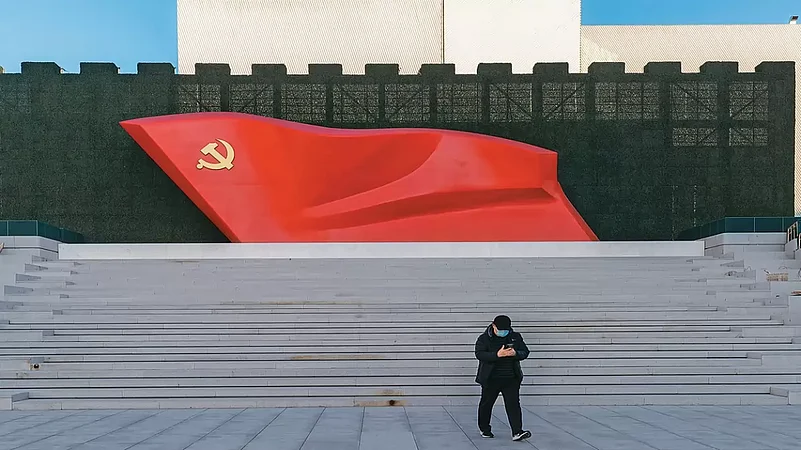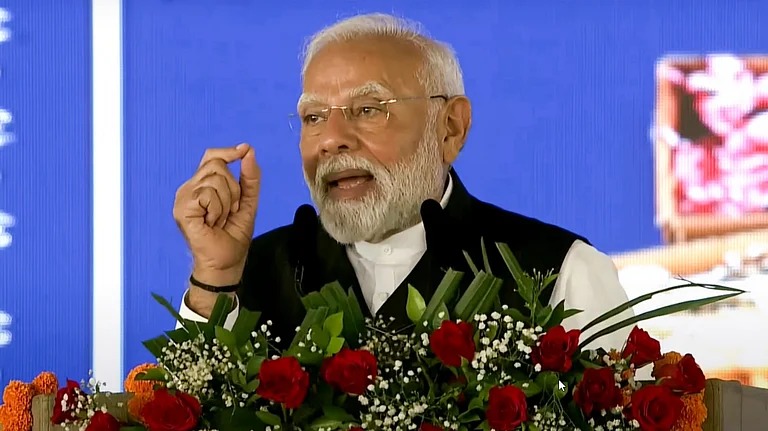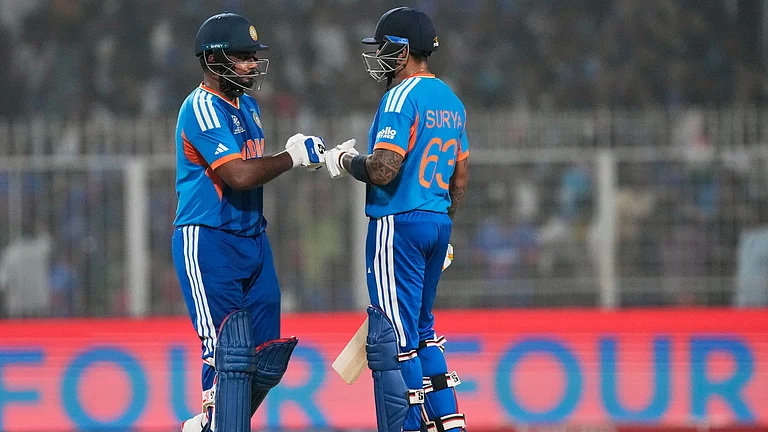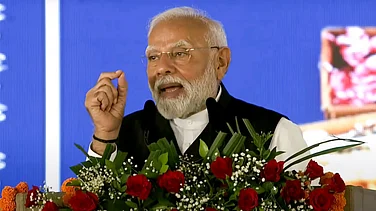History has cunning passages and contrived corridors, says T.S. Eliot in his poem ‘Gerontion’. Empires are forged over time and empires are destroyed over time. The sun that ‘never set’ is now a very dim one. The shift from the glorious days of the British Raj to the United Kingdom of today represents one of the starkest contrasts imaginable. Over the last decade —or decade and a half— China, for instance, has risen enormously. But at what cost?
“China’s peaceful rise” was the official policy and political slogan under Hu Jintao former general secretary of the Communist Party. China has stuck to it ever since to assure the international community that its rise—economically or militarily—should not be cause for concern. On several occasions, China has tried to assure the world that its rise poses no threat to global peace and security. However, one look at the skirmish in Tawang in the Indian state of Arunachal Pradesh last month would prove otherwise. The Chinese caught the jawans of the Indian Army by surprise. Speaking to The Guardian, two Indian army officers, who wished to remain unnamed, put the number of Chinese soldiers between 150-200 whereas the number on the Indian side was just about 50. Like the clash in Galwan in June of 2020, the Chinese side confronted and challenged the Indian soldiers on patrol, without any provocation from the Indian side. Six Indian soldiers were gravely injured and 30 received minor wounds. One of the officers said that there have been at least two confrontations since the provocation in Galwan but the one in Tawang was much more serious in nature as the Chinese side was “unusually aggressive” and seemed to be “well prepared for the clash.” They began striking Indian soldiers without any forewarning. Peter Jennings, the former executive director of the Australian Strategic Policy Institute, argued, “It’s quite a deliberate Chinese strategy to try to maximise what they perceive as being a moment of distraction.” India needs to be prepared, therefore, for these ‘surprise engagements’ and not be caught unawares, like it was in 1962, 2020 and 2022.
The world seems to have had enough of the belligerence on the part of the Chinese government, and, in fact, democracies around the world no longer seem to be worried about offending Beijing. For instance, despite threats from China’s foreign ministry, officials from Europe, Japan and other parts of the world have now started expanding long-ignored relationships with Taiwan ever since Nancy Pelosi, the then Speaker of the US House of Representatives, visited the country in August 2022. In return, China has started muscling into the South China Sea and the neighbouring countries with which it shares international borders. In April of 2020, the Chinese government sank a Vietnamese fishing boat and harassed ships from both Philippines and Malaysia, laying claim to Fiery Cross Reef, the Spratly Islands and Scarborough Shoal, and declaring them to be ‘Chinese districts.’ In August of 2022, China sent fighter jets into Taiwanese airspace in what was clearly a display of force.
The relationship between China and Saudi Arabia is gradually gaining momentum, although Riyadh is still heavily dependent on the US for military spare parts and for the assistance and training of the Saudi army. The US, after all, is its time-tested ally. An SOS call from Riyadh is most likely to ring at the CentCom (United States Central Command). Established in 1983, the CentCom’s Area of Responsibility includes Saudi Arabia. The ‘growing relationship’ with China seems like a façade and an effort by Saudi Arabia to remind the US that this oil-rich kingdom deserves much more than just a ‘fist bump’ by the visiting head of state of the US. The relationship between China and Saudi Arabia isn’t as close as it’s being made to look by both sides; it is a nudge to emphasise that if push comes to shove, the latter has other important friends in today’s multi-polar world.
India is in a precarious situation as it cannot abandon its close traditional ties to Russia. At the same time, its relationship with the US has been relatively cordial since Bill Clinton’s visit in March of 2000. The adversaries of the US—China, Russia and Iran—have started to collaborate in retaliation to the US as well. Whereas China and Russia held major military exercises in September, Iran was reported to have sent batches of drones to Russia to be deployed on the battlefield in Ukraine. All with the single objective of undermining the objectives of the US to halt Russian expansion into Ukraine. Beijing has repeatedly blamed the Russian invasion on the US and NATO, and Moscow was quick to return the favour by publicly defending China’s aggressive response to Pelosi’s visit. In May 2022, at the UN Security Council, China and Russia joined hands on a series of votes, including one to veto the US-backed sanctions on North Korea.
Moreover, the Chinese Communist Party, the sole ruling party of the People’s Republic of China, seems to be in disarray. Consider the way in which former President Hu Jintao was forcibly escorted out of the party’s closing ceremony in October last year; it was a massive embarrassment for the otherwise well-choreographed event managers. How long can Xi Jinping hold on to power? Then there is the question of civil unrest in China. Street protests in China aren’t as uncommon as we think, although the current ones sweeping across cities in China are unlike anything that the country has seen, according to international media.
Emmanuel Todd, a French historian who had predicted the collapse of the Soviet Union in his 1976 classic, The Final Fall, now sees China in a similar situation. With a low birth rate of 1.28 births per woman as of 2020, China has a rapidly ageing population. Todd feels that China is facing a grim situation, thanks to its own ruinous policy where one can have only one child. With a “male-to-female ratio skewed heavily towards men,” Todd argues that the Chinese Communist party will have to grapple with difficult and inevitable problems in the coming decades. But that’s not all. In an interview to The Nikkei, Todd admitted that while China was no doubt the second-largest economy in the world (after the US), China’s demographic set-up makes it extremely unlikely that the “the country will ever become the world’s dominant superpower.”
Nevertheless, under the current circumstances, it would be wise for countries that have an enmity with China to not provoke an already cornered nation. After all, it was Sun Tzu, the Chinese military general and strategist credited with The Art of War, who says, “When you surround an army, leave an outlet free. Do not press a desperate foe too hard.”
(This appeared in the print edition as "An Empire in Disarray")
(Views expressed are personal)
Sartaj Chaudhary is an LLM from University of Kent, UK. His areas of interest are terrorism, regional conflict and international relations



























